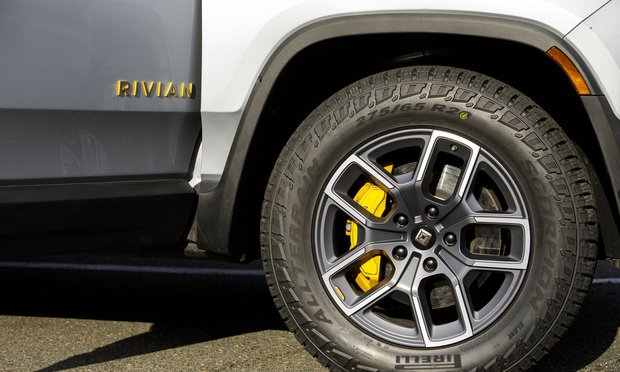Despite the tax credits available to electric car owners or the opportunity to reduce one’s carbon footprint by going electric, many people in the U.S. remain wary of shifting away from traditional vehicles, according to ValuePenguin.
Researchers at the insurance-comparison website recently surveyed 2,000 consumers in the U.S. to determine their attitudes toward electric-vehicle adoption. The research indicated that more than one in three U.S. consumers are concerned about the cost of electric vehicles, and 40% of respondents questioned their safety as compared to gas-powered automobiles.
“Americans aren’t ready for widespread EV adoption,” ValuePenguin insurance expert Divya Sangameshwar said in a recent article about the survey results. “It comes down to the complicated math behind EV ownership. EV proponents argue that EVs are cheaper because they’re cheaper to fuel and maintain — especially when gas prices are high. But the premium pricing of EVs leads to a very understandable hesitancy to buy one.”
The slideshow above illustrates the top reasons that some consumers remain wary of electric vehicles, according to ValuePenguin.
Perhaps most disconcerting to individuals who view electric vehicles as a proactive response to climate change: Many consumers make up their minds about electric-power automobiles based on their political preferences. Roughly one in five Democrats would consider buying an electric vehicle, according to ValuePengin, but just 6% of Republicans share that enthusiasm.
“Americans’ distrust of full self-driving technology could partially come from the fact that it’s still, for the large part, unregulated,” Sangameshwar added. “Although that might be changing soon as federal regulators are taking a closer look at the safety of vehicles with full self-driving features.”
See also:
Read the full article here


